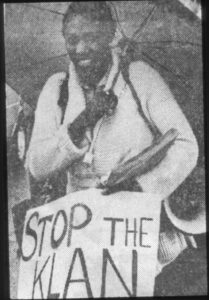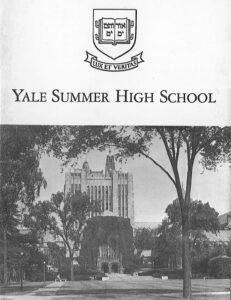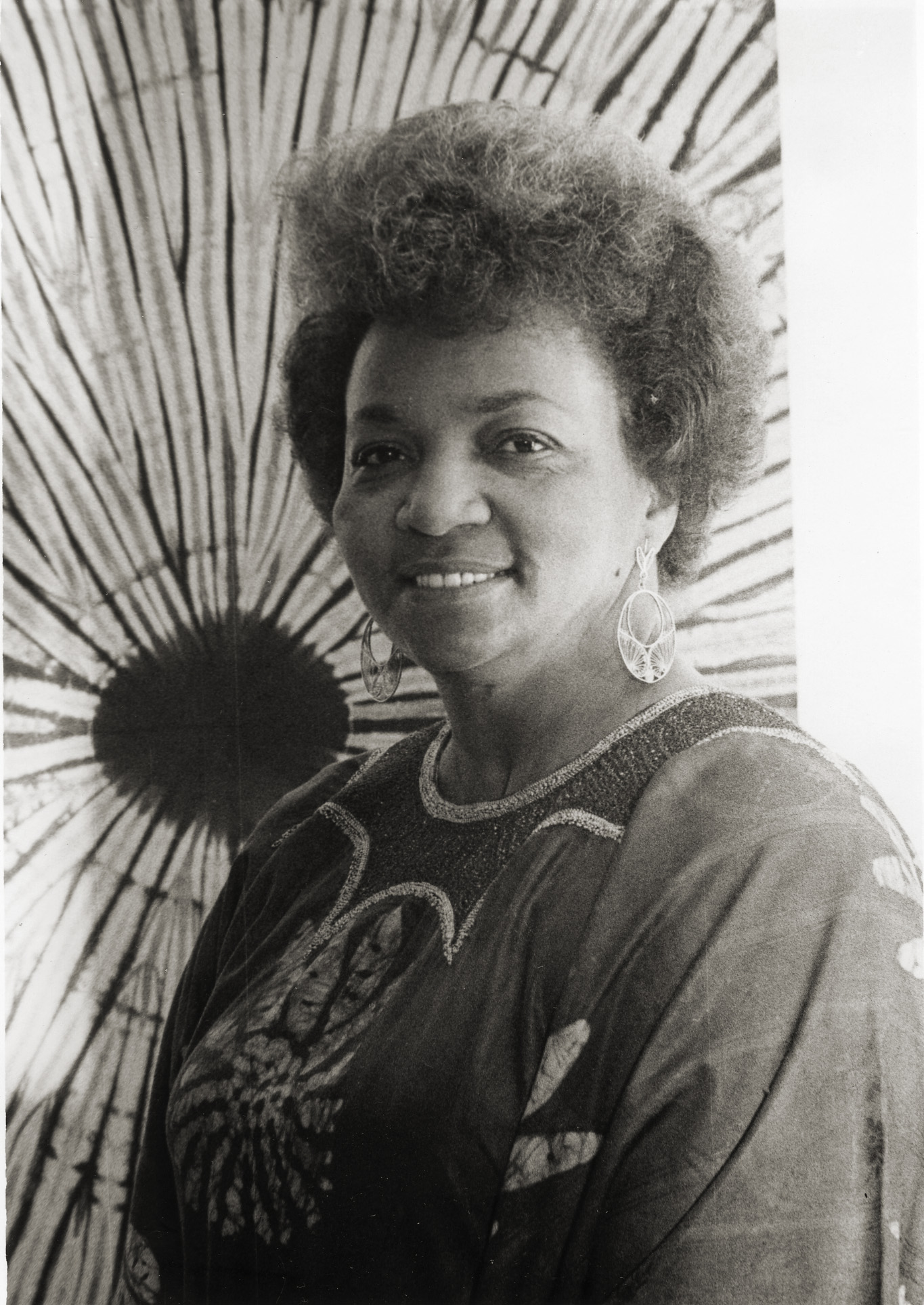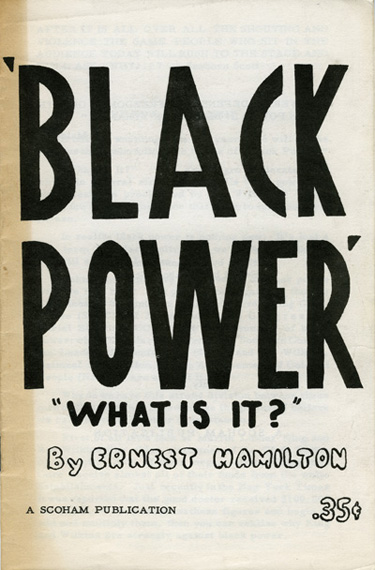New York Anti-Klan Network Records

Sandy Smith, one of the Communist Workers' Party activists killed at the Death to the Klan March, Nov. 1979
The National Anti-Klan Network (NAKN) was founded in Atlanta, Georgia by Rev. C.T. Vivian and Anne Braden in 1979, following attacks by armed members of the Ku Klux Klan during a march organized by the Southern Christian Leadership Conference in Decatur, Alabama, and the murder of five demonstrators of the Communist Workers Party in Greensboro, North Carolina in November 1979. The organization grew throughout the 1980s, working with other anti-Klan organizations to spread awareness of the continued violence and growing influence of the Klu Klux Klan.
In 1984, NAKN leadership began examining and reconsidering what the organization stood for, trying to ensure it was focused on working to end white supremacy. In 1985, after this year-long reassessment, the National Anti-Klan Network changed their name to the Center for Democratic Renewal to articulate their broader goals towards fighting racism.
This small collection contains correspondence, contact lists, anti-Klan handouts, and sources of information used by the New York chapter of the Anti-Klan Network, some of which pertain to the NAKN. It also includes newspaper clippings documenting KKK activity and other examples of racism in the early 1980s, and numerous reports of KKK activity and newsletters from other anti-klan groups. There is also a series of color slides used as part of an organizing slide show entitled “Greensboro Massacre – Turn the Country Upside Down to Avenge the CWP5” that documents the Greensboro murders of the Communist Workers’ Party activists and anti-racist/labor organizing.




